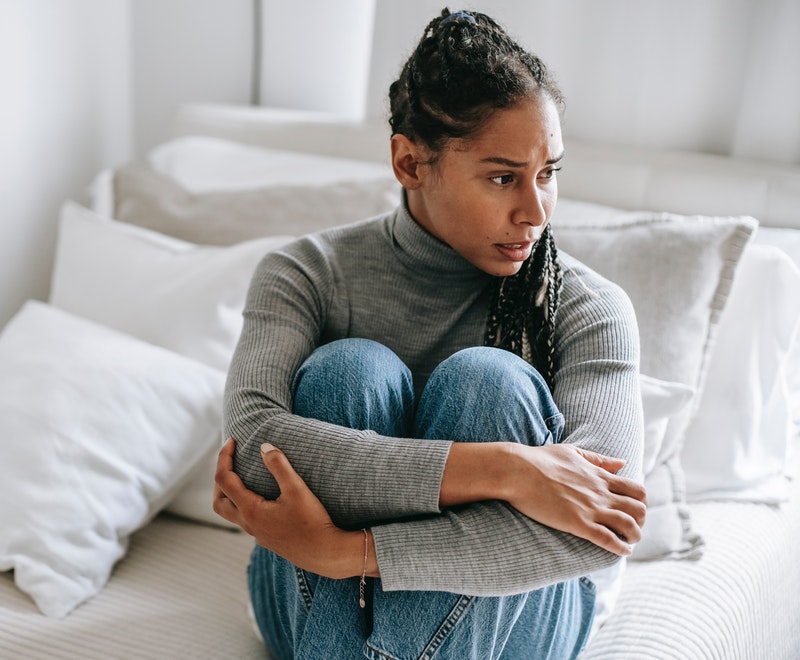Free Indeed is a Promise Delivered
 Everyone loves a good sale, right? Especially a BOGO – buy one get one free. Getting an item of equal or lesser value than the item you paid full price for is the name of the “saving” game.
Everyone loves a good sale, right? Especially a BOGO – buy one get one free. Getting an item of equal or lesser value than the item you paid full price for is the name of the “saving” game.
Imagine taking your BOGO shoes, tools, grocery item – whatever it is – to the cash register, and the cashier tells you that your “free” BOGO item is only going to cost you a tiny bit, say, 10%. Now, you’re still getting a steal of a deal, right? You’re getting something of value for 90% off – shouldn’t we be happy?
No! Why?
Because free is free. A BOGO is a BOGO. A merchant can’t advertise “buy one get one free” and it’s really “by one get one at little to nothing”. Those two scenarios are not the same.
Or, what about a BOGO that actually turns out to be a BOGOHO at the register – “Buy One Get One Half Off”. Most of us would raise holy hell, ask to speak to the manager, and demand that we receive what was advertised.
There’s No False Advertising with Jesus, Free Indeed is Just That
 Teammates, aren’t we glad that when Jesus makes us a promise, He is faithful to perform it? There’s such a peace and relief that we experience because it is impossible for God to lie (Hebrews 6:18). He will always keep His word; Jesus, who is one with the Father, would never tell us something that wasn’t so (John 14:2).
Teammates, aren’t we glad that when Jesus makes us a promise, He is faithful to perform it? There’s such a peace and relief that we experience because it is impossible for God to lie (Hebrews 6:18). He will always keep His word; Jesus, who is one with the Father, would never tell us something that wasn’t so (John 14:2).
Now, if you’re nodding your head in agreement, that Jesus Christ is our Savior and King who always keeps His word – why do we often short-change ourselves on the promises He has made.
Jesus said, “If the Son, therefore, shall make you free, ye shall be free indeed.” (John 8:36)
So, said another way, why are we paying more in life – be it in stress, in bondage, in doubt, in fear – when Jesus has already given us a BOGO coupon?
How Jesus’ BOGO Offer Works
You see, Jesus bought our sin debt – a debt that we didn’t have the means to pay even if we had all the money and gold in the world. He bought each one of our debts at full price, paid in full by dying once for our sins (1 Corinthians 6:20, Romans 6:10).
This was Jesus’ “Buy one“.
Now, the “get one” part of Jesus’ offer – this is where things get sweeeet!
Because Jesus bought our life’s debt, we get a life in return! Oh but not just a life of equal or lesser value than the life Jesus bought – He offers us a rich, abundant life in which we are free indeed!
This is Jesus’ “Get one“. We get this beautiful life in exchange for Jesus’ “buy”.
Glory to God!
Isn’t that just like a God – who takes us from glory to glory, always pushing us higher, never keeping us on the same level He found us?
So, What’s the Play Call?
Choose Free Indeed vs. Kinda Free
We’ve established that Jesus is a promise keeper. We know that Jesus Himself promised to give us abundant life and that if He makes us free – we are free indeed.
So, the questions remain for us:
- Are we fully honoring Jesus’ offer?
- Are we foregoing God’s “saving plan” by letting rightfully available discounts slip through our fingers?
- Our we cheating ourselves – and God – by not fully accepting His promises that were paid-in-full with Jesus’ rich blood?
- Is God at the checkout counter offering His savings, and we’re demanding to pay more for a debt with a zero balance?
I would offer that if we are living “sometimes, kinda free and abundant” lives, it saddens God’s heart. We are often like the children of Israel, where God is standing by to love us and give us everything we need – but we are still settling for less, no matter how many times God proves His faithfulness.
Can we do better, teammates? Yes, we can!
Where have you been paying more in life with Jesus’ BOGO offer right in your hand? Have you settled for a life of fear, doubt, anxiety, defeat – when free indeed was promised to you?
May we all ask God to search our hearts and reveal places in our lives where His saving grace is available to us. Then, with all that is within you, march to the checkout counter with Jesus’ BOGO and accept your abundantly free life! It’s yours through Jesus Christ.
God bless.




